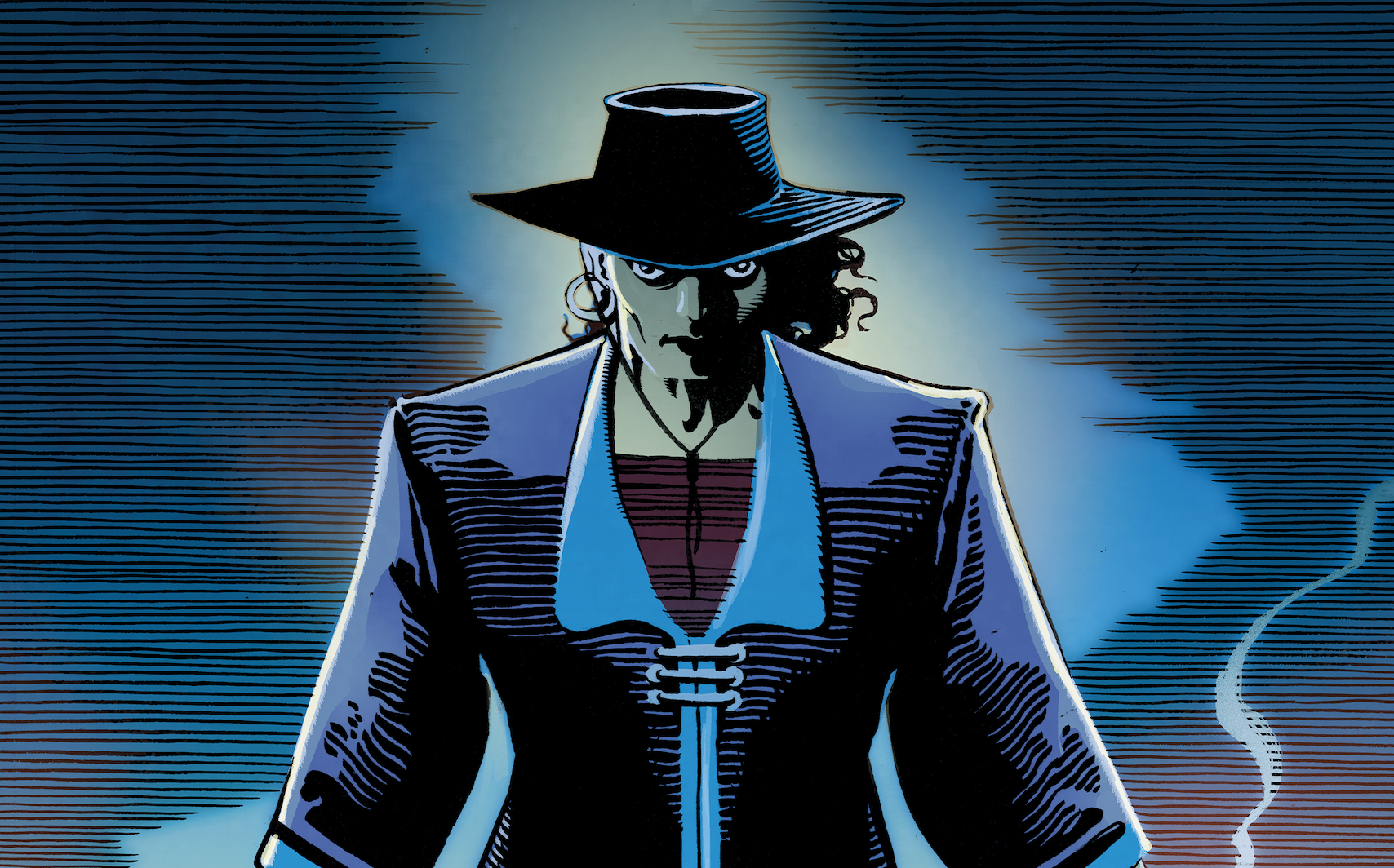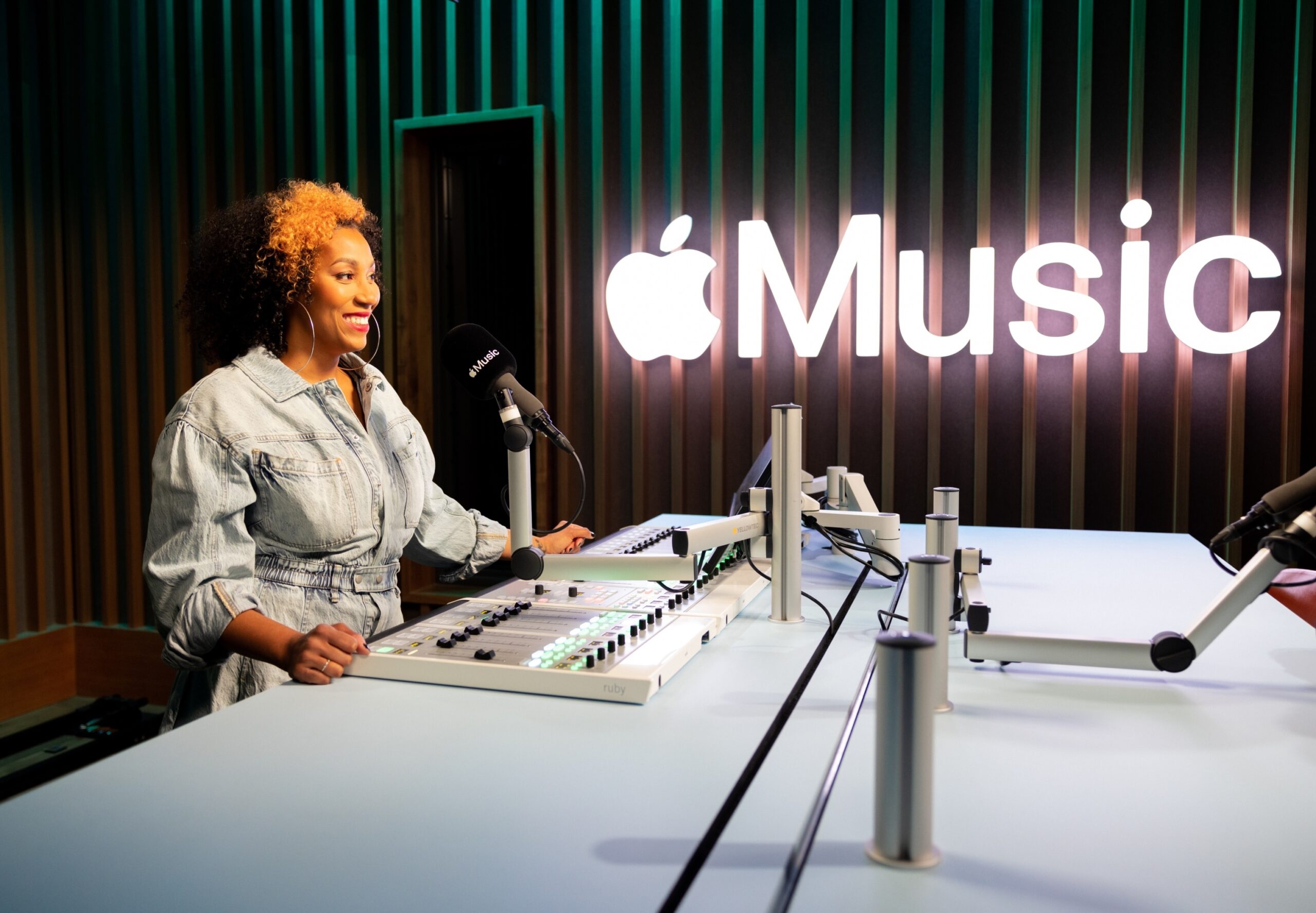
Can artificial intelligence (AI) enable us to live forever? Filmmaker and author Ann Shin (a Canadian Screen Award winner for ‘The Defector: Escape From North Korea’) sets out on a journey exploring the latest AI and biotech with scientists and visionaries who foresee a ‘post-biological’ world where humans and AI merge. Will AI be the best, or the last thing we ever do? Shin seeks answers to these questions in her new feature documentary ‘A.RTIFICIAL I.MMORTALITY’, which was an Official Selection and the Opening Night film of Hot Docs 2021. Digital distributor Syndicado is releasing the film on VOD in the U.S. including Google TV, Apple TV, Vudu and InDemand starting Jan. 11, 2022.
If you were able to create an immortal version of yourself, would you? Until recently, that question was the stuff of science fiction, but now artificial intelligence and robotics experts suggest it could be possible. This cinematic documentary explores the latest in cloning and avatar technology as we enter the age of the metaverse. What is the essence of the human mind, and can it be replicated? Or even more unsettling, could we soon meet cloned versions of ourselves which are better, smarter, and immortal?
‘A.rtificial I.mmortality’ explores these questions with visionaries including: Nick Bostrom, author of Superintelligence, Hiroshi Ishiguro, developer of his own uncannily realistic clone Geminoid; Douglas Rushkoff, author of Team Human; A.I. developer Ben Goertzel, who coined the term Artificial General Intelligence; and new age guru Deepak Chopra, who is creating his own A.I. mind twin. As scientists on the forefront of technology show that a world where humans and machines merge isn’t so far away, we have to ask ourselves will AI be the best, or the last thing we ever do?

In a press release, Ann candidly shares how it was a personal family experience that started her thinking about the subject of AI improving the human mind.
“When my father developed dementia, I realized we were losing him in bits and pieces. I wondered what if we had captured his memories in an AI clone before his memory started going? What would it be like for us all to have AI clones– a way for us to be part of our families’ lives even after we die?” she said.
With this as the impetus for making her new documentary, Ann combined journalistic, philosophical and poetic lenses as she embarked on her eye-opening discovery.
“The technology we have created in the pursuit of immortality is startling, even terrifying. We may come to a point where we can choose at the end of our lives to either die or to ‘upload’ our minds into a digital platform. This film explores these nuances in our quest for immortality in the 21st century,” she added.
We had the opportunity to dive a little deeper into the world of ‘A.rtificial I.mmortality’ with Ann on the eve of the film’s release.
Your film is very timely and also confronting in many ways! What made you want to explore the topic of AI?
My father was losing his memory, I mean, not just names and faces, he was losing whole decades of his life. He used to be the family storyteller, telling us stories going back to the Korean War. Without his stories, without his memory, who was he?
I started wondering what it is that makes “you,” you. Is there a way to retain your sense of self even as you lose your faculties? A transhumanist friend of mine said “yes!” He claimed that the very traits we think are inimitable – our personality, our intuition, our soul – are not only quantifiable, but replicable, and that scientists and thinkers are working to replicate them through AI and biotech. I found it hard to believe. I wanted to find out more.
Why do you think humans are so fascinated with the notion of living forever and immortality?
We don’t want to die! None of us do, and it’s been our obsession since time immemorial. Herodotus wrote about the Fountain of Youth in the 5th century BC and we are still pursuing it. Now with whole branches of science devoted to human longevity, some people look to AI and biotech to extend human life, perhaps even extend our consciousness as depicted in shows like Black Mirror, or the sci-fi comedy Upload, where people upload their consciousness and live in virtual reality. As Gen Zers expand into the metaverse, you can see why that kind of thinking doesn’t seem so far-fetched anymore.
What is it about the rapid progression of technology that so many are afraid of?
The scary part about technological progress is, not only is it fast, it keeps getting faster. The rate of innovation is exponential, and it’s hard for us average folks to keep up. What is even more concerning is that it’s even too fast for governments to regulate and maintain global standards. We have already created AI systems that outpace the human mind in certain functions, and which present a ‘blackbox’ problem for their programmers who no longer understand how the system arrives at answers. Companies deploy these kinds of new technologies in our society without proper assessment of the human and environmental impact, nor proper regulations to ensure health, safety and privacy.

What were your expectations as you set out to make this film, and what were you most shocked by?
I came at this as a Luddite, pretty suspicious of everything. I was shocked to learn that many things we thought impossible are now possible, including small robots powered by brain organoids grown in petri dishes. Who would have thought?! Humans and machines are merging, whether it’s through robotics or biotechnology like Neuralink’s brain implants. Science fiction is now science fact.
Deepak Chopra creating his own AI twin is such a fascinating aspect of the film, as he isn’t necessarily someone you immediately think of when you talk about AI or tech! How did he come to be part of this documentary?
Deepak Chopra is probably one of the last people I expected to get an AI clone of himself and yet, he has! He partnered with AI Foundation to create an AI that looks and talks like him and offers you advice. Some people were outraged, saying it’s contradictory for someone who teaches meditation to create a digital clone. But Deepak sees it as a tool, an app, to help people when he can’t help them personally.
How has making this film impacted your relationship with your family, given that it was your father’s dementia that got you thinking about AI in the first place?
You know, delving into all the technology has made me appreciate real face-to-face time even more so. Whether it has to do with seeing an aging parent or a friend across town, I think we all feel the isolating effects of a global pandemic. We’ve been deprived of direct contact, and at the same time, our attention is ever-more splintered by being online for work, socializing and for entertainment. I am more mindful than ever about being present when I’m with loved ones.
Do you think AI can ever fully recreate/compete with the human experience? Or should we be asking a different type of question about AI technology?
I don’t think AI can completely recreate the human mind in terms of intelligence, emotions and lived experience, but it can extend our capabilities in pretty fantastic, and often disturbing new ways.
What do you hope audiences will think about most after watching ‘A.rtificial I.mmortality’?
I hope people will see that the film really celebrates our minds and our lives—our frail and often too short human lives. I hope it deepens their appreciation of life – that of their own, their loved ones, and all life. This is one thing AI will never truly achieve: life.
Be sure to watch ‘A.rtificial I.mmortality’ available to stream on Google TV, Apple TV, Vudu and InDemand starting Jan. 11, 2022.

















